24/7 Helpline:
(866) 899-111424/7 Helpline:
(866) 899-1114
Learn more about PTSD Treatment centers in Cave Spring

Other Insurance Options

American Behavioral

Carleon

Regence

Multiplan

Lucent

Horizon Healthcare Service

Magellan Health

AllWell

Optima

Ceridian

WellCare Health Plans

GEHA

CareFirst

UnitedHealth Group

ComPsych

Covered California

BHS | Behavioral Health Systems

Private insurance

Humana

Cigna

New Horizons Treatment Center
New Horizons Treatment Center is a private rehab located in Rome, Georgia. New Horizons Treatment Ce...

Highland Rivers Health – Floyd Recovery and Wellness Center
Highland Rivers Health provides a variety of treatment programs and services to meet your individual...

Rome Memorial Hospital – Senior Behavioral Health Unit
Rome Memorial Hospital – Senior Behavioral Health Unit is a private rehab located in Rome, New York....

Neighborhood Center – Behavioral Health
Neighborhood Center – Behavioral Health is a private rehab located in Rome, New York. Neighborhood C...
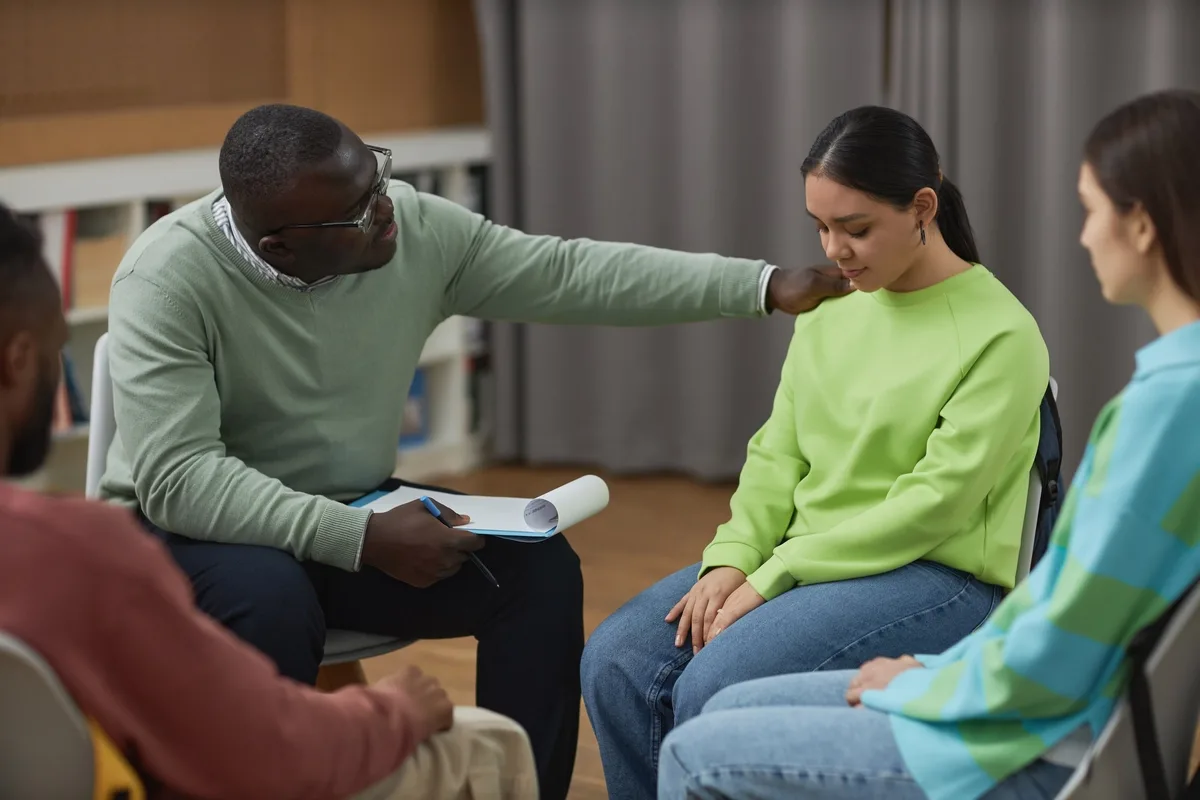





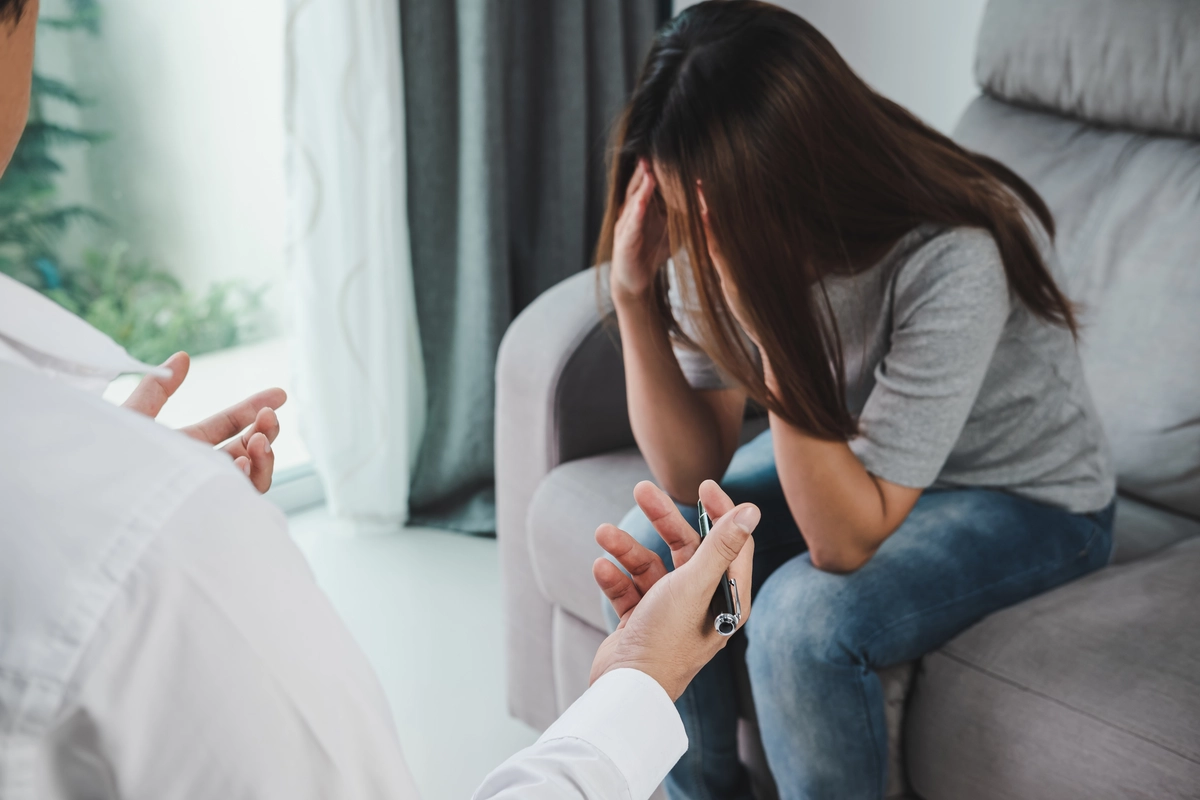
















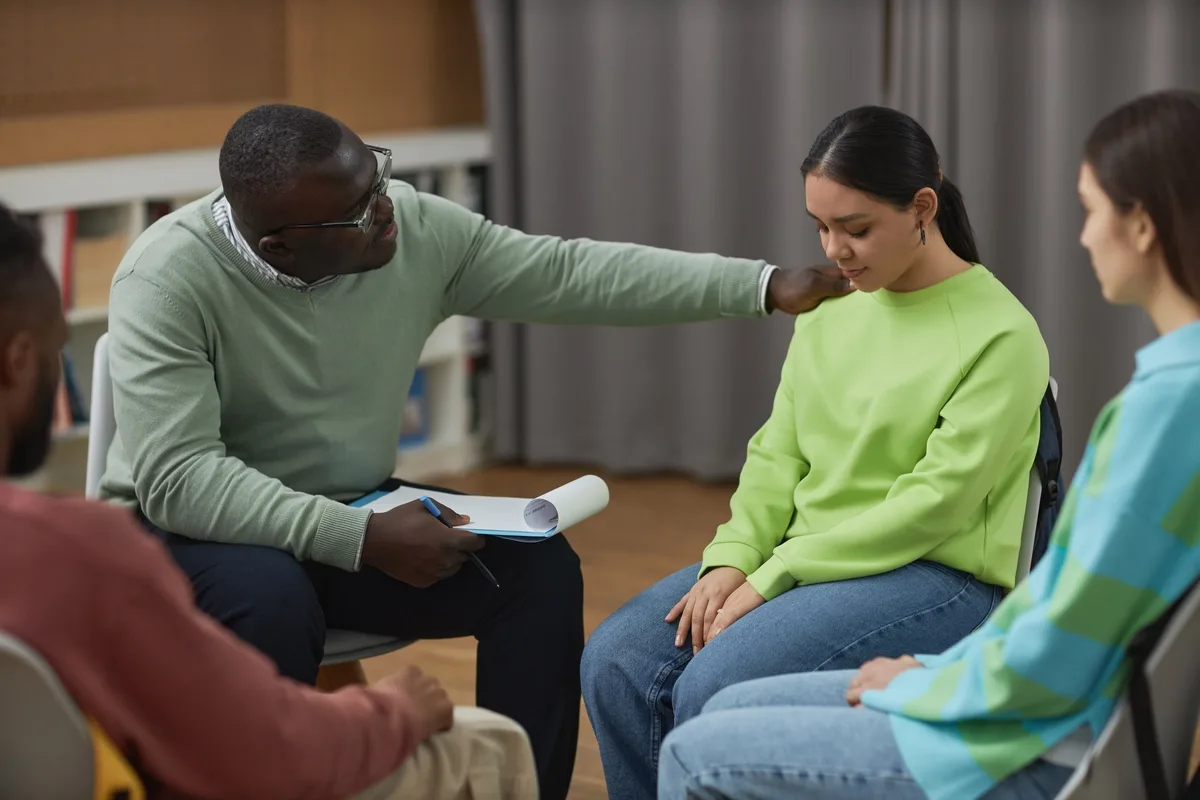









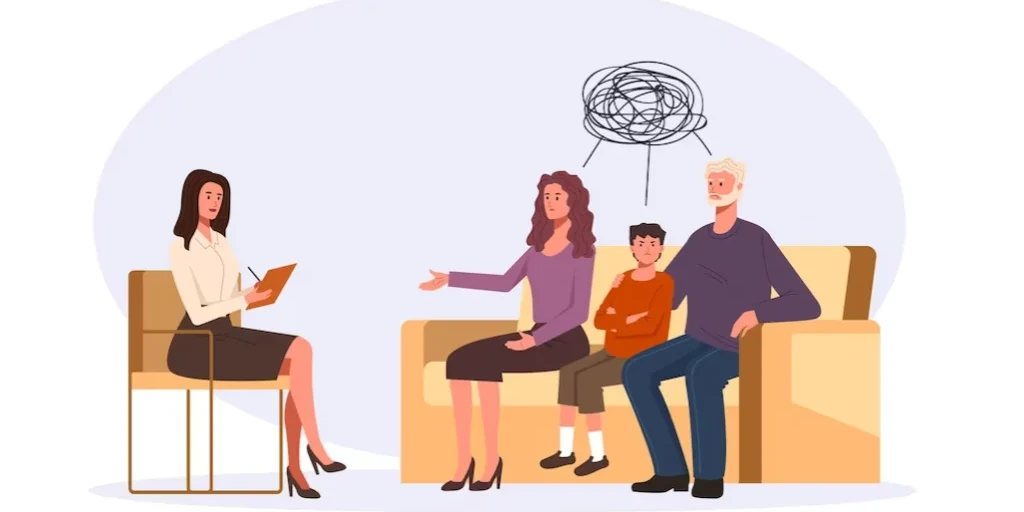






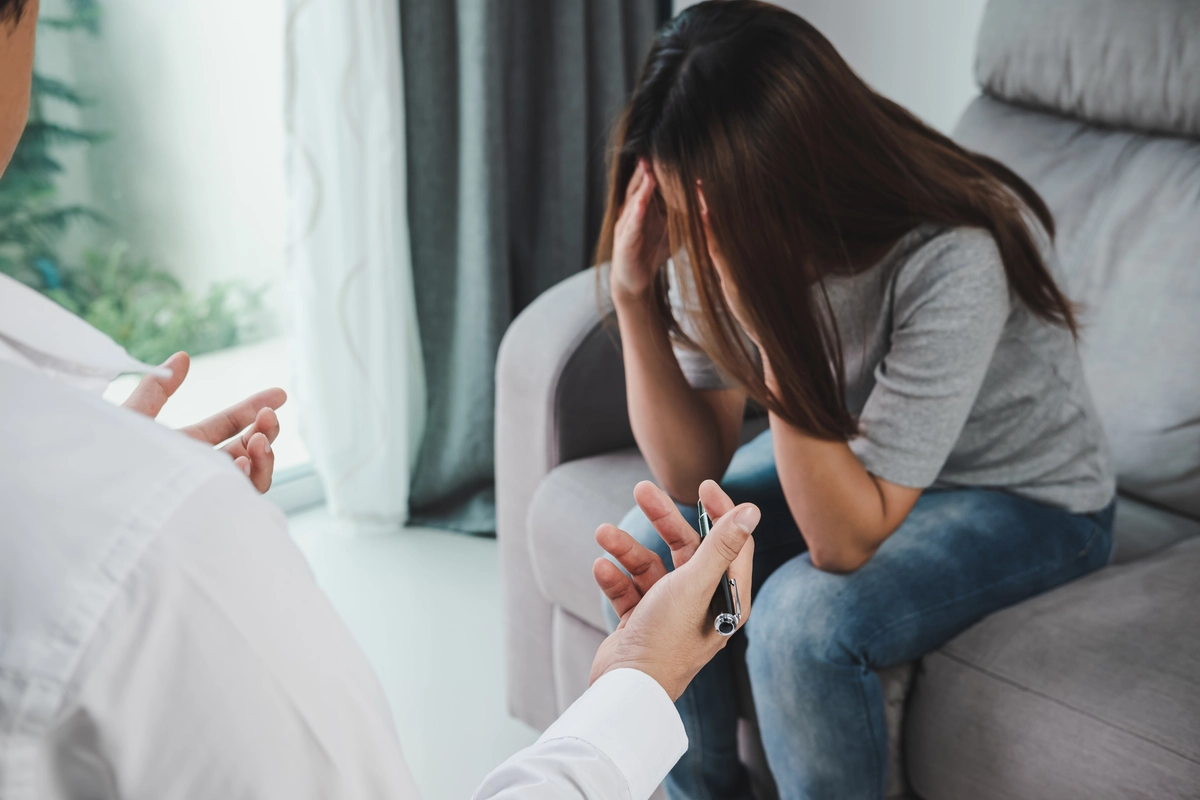

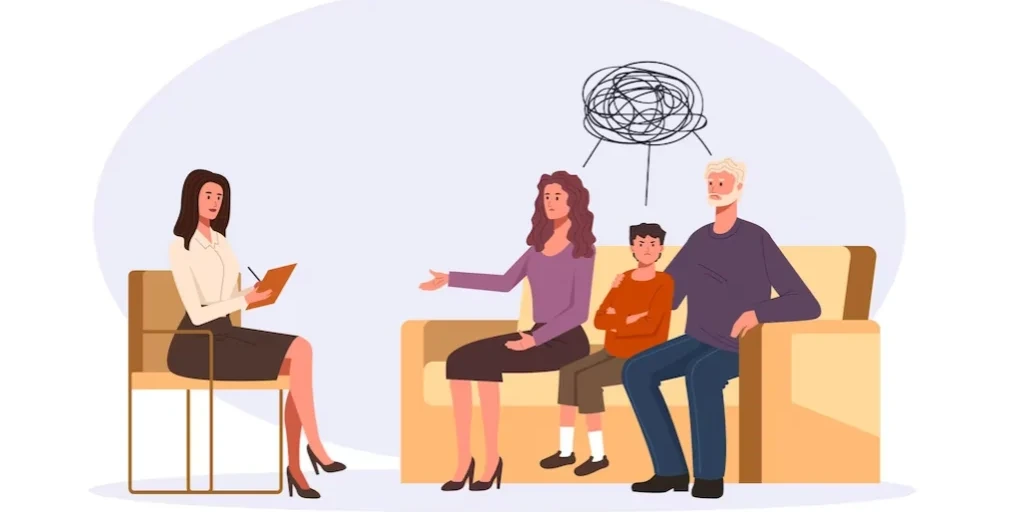






AA – Alcoholics Anonymous – Meeting Information
AA – Alcoholics Anonymous – Meeting Information is a non-profit rehab located in Rome, Georgia. AA –...

Highland Rivers Health – Crisis Stabilization
Highland Rivers Health - Crisis Stabilization provides a wide variety of behavioral healthcare servi...

Center for Family Life and Recovery
Center for Family Life and Recovery provides Prevention, Mental Health, and Behavioral Services, as ...
Beacon Center
Beacon Center - West Liberty Street offers outpatient treatment for individuals with alcohol and/or ...

























































